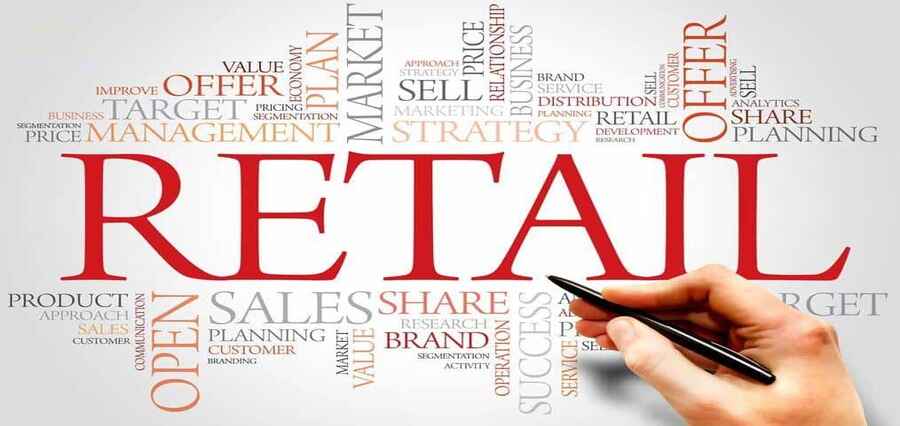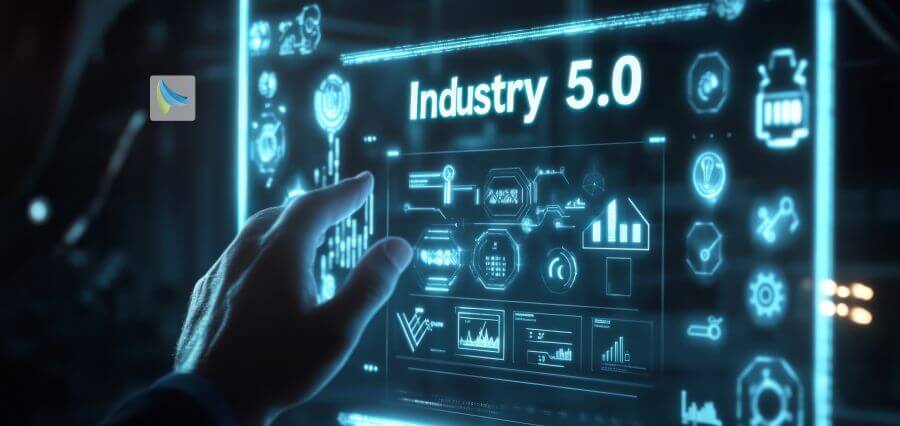The retail industry has undergone a truly transformative shift in recent years, driven for the most part by the widespread adoption of advanced technology solutions that are reshaping the way we shop, sell, and manage inventory.
As the digital age progresses, these technological interventions have become not just optional but actually essential for retail businesses aiming to stay competitive and meet the evolving demands of modern consumers.
From cloud-based systems to AI-driven analytics, let’s explore how these innovations are revolutionising the retail landscape with every purchase!
The Rise of E-commerce Platforms
The explosion of e-commerce is perhaps the most significant revolution in recent retail history. Today, consumers expect to browse, compare, and purchase products with just a few clicks, and new platforms are continually emerging to meet these needs.
These platforms offer unparalleled convenience as well as provide a wealth of data that can be used to enhance customer experiences. Retailers are now harnessing this data to tailor recommendations, adjust pricing strategies dynamically, and predict purchasing trends.
What’s more, the rise of mobile commerce has made shopping accessible from anywhere and at any time, compounding the demand for more robust e-commerce solutions. Retailers also adopt more sophisticated security measures to ensure safe and secure transactions, increasing consumer trust, and encouraging more frequent online purchases.
Harnessing AI for Personalised Shopping Experiences
Artificial Intelligence (AI) has taken personalisation to the next level! By analysing customer data and shopping behaviours, AI can offer personalised shopping experiences that significantly boost customer satisfaction and loyalty.
Retailers are using AI to create smart product recommendations, optimise their marketing strategies, and provide customer service through intelligent chatbots that can handle inquiries and resolve issues around the clock. This personalisation extends to predicting what customers might be interested in next, creating a proactive engagement model that feels intuitive and bespoke.
If that wasn’t enough, AI-driven analytics are used to enhance inventory management, ensuring that popular items are restocked efficiently and aligning product availability with consumer demand patterns.
Cloud-Based Transport Management Systems
One of the most critical areas where technology is making strides is in logistics and supply chain management.
Cloud-based transport management systems (TMS) are at the forefront of this innovation, offering a more streamlined, efficient approach to managing retail logistics. These systems provide real-time visibility into every aspect of the transportation process, from inventory management to delivery tracking.
A cloud-based TMS, such as the cutting-edge system provided by Geo2, can be integrated with other retail management systems to ensure that inventory levels are automatically updated as products are shipped and sold. This integration helps retailers maintain accurate stock levels, reducing overstock and stockouts, and enabling more precise demand forecasting. The system’s ability to analyse delivery routes and times also means that retailers can reduce shipping costs and improve delivery times, enhancing customer satisfaction.
Moreover, the flexibility of cloud-based solutions allows retailers of all sizes to scale their operations efficiently. Whether handling peak shopping seasons or expanding into new markets, cloud-based TMS can adapt to changing business needs without significant capital investment. This scalability is particularly beneficial for smaller retailers looking to expand their footprint in a competitive market.
The Impact of Augmented Reality
Augmented Reality (AR) is rapidly transforming the retail landscape, providing a dynamic way for customers to interact with products before making a purchase.
This immersive technology allows shoppers to visualise products in their own environment, whether it’s seeing how a sofa fits in their living room, checking if a refrigerator fits in a kitchen space, or how a piece of art would look on their walls. By using AR through smartphones or computers, customers get a realistic preview of how products will appear in their actual usage context, leading to more confident purchasing decisions.
The benefits of AR extend beyond just visualisation. For example, in the fashion industry, AR can allow customers to try on clothes virtually, combining the convenience of online shopping with the certainty of traditional shopping. This level of interaction significantly enhances user engagement, increases the time spent on the retailer’s app or website, and drives conversions by providing a fun, interactive experience.
Furthermore, AR can lead to a substantial decrease in return rates. Since customers have a clearer idea of what they are buying, the chances of dissatisfaction due to mismatched expectations are greatly reduced. This saves costs associated with returns and enhances customer satisfaction and trust in the brand.
Leveraging Big Data for Strategic Insights
It’s no secret that Big Data has had a significant impact across various sectors, and this includes the retail industry, where it has enabled more informed and strategic decision-making.
Through the analysis of vast amounts of data, retailers gain deep insights into customer behaviour, preferences, and broader market trends. This powerful knowledge allows retailers to tailor their offerings to meet their customers’ specific needs and desires, enhancing the shopping experience and building customer loyalty.
For instance, by analysing purchase history and browsing data, retailers can predict what products will interest specific customers and personalise marketing messages to individual consumers. This targeted approach improves customer engagement and increases marketing campaigns’ effectiveness – thereby boosting sales and profitability.
Big Data also plays a crucial role in optimising inventory management. By predicting seasonal trends and consumer buying patterns, retailers can better manage their stock levels, ensuring they have the right products at the right time. This minimises the risk of stockouts during high-demand periods and reduces excess inventory during slower sales periods.
By leveraging Big Data, retailers gain a competitive edge and enhance operational efficiencies, leading to a more responsive and customer-centric business model.
Mobile Technology: The Frontline of Retail
Mobile technology remains a cornerstone of innovation in retail, profoundly influencing how retailers interact with consumers and streamline operations. As smartphones become ever more integral to daily life, their impact on the shopping experience continues to grow. Retailers are now harnessing the power of mobile apps to facilitate sales and significantly enhance the customer journey.
Retail apps have evolved beyond simple shopping platforms; they now offer a comprehensive suite of features designed to personalise and enrich the customer experience. These apps can deliver personalised notifications based on users’ shopping habits and preferences, suggesting products that align with past purchases or browsing behaviour. Features such as location-based services can offer timely promotions when users are near a store, enhancing the likelihood of visits.
Exclusive discounts and promotions can also be tailored to individual users, encouraging repeat visits, and fostering brand loyalty. Better yet, many retail apps incorporate loyalty programs, rewarding customers for their purchases with points that can be redeemed for discounts or special offers. This integration not only incentivises further engagement but also builds a deeper connection between the brand and its customers.
Wrapping Up
The integration of advanced technological solutions in retail is not merely about keeping up with trends; it’s about setting new standards in customer engagement and operational efficiency. As we move forward, these technologies will continue to evolve, and their integration into everyday retail operations will become more profound.
Retailers who embrace these innovations have the opportunity to transform their business models, deliver exceptional customer experiences, and achieve significant growth. From cloud-based transport management systems ensuring efficient logistics to AI and AR transforming shopping experiences, technology is indeed revolutionising retail in exciting and dynamic ways.
In this continually transforming landscape, staying informed and adaptable is key. As technology advances, the potential for retail transformation seems limitless, promising a future where both retailers and consumers can benefit from more seamless, efficient, and personalised shopping experiences.
















